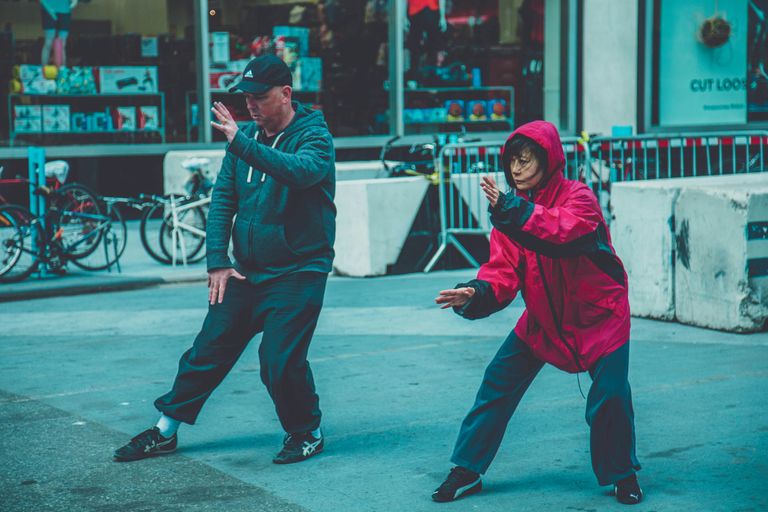
You must have complete control over your thoughts and efforts if you are to meet your objectives, targets, and aspirations. You won't be able to practice aiming as effectively if you can't concentrate fully on your aim. You'll constantly straying from the path. Nobody in the world has ever reached the pinnacle of their profession unless they had persevered through endless hard effort.
Was Thomas Edison's invention of the light bulb his first attempt? Hiram Maximus and Joseph Swan, two exceptionally intelligent individuals, worked hard and brainstormed to create the innovation that we simply cannot imagine living without. In actuality, Edison tried a thousand times before succeeding on his thousandth try.
Put an end to the talk about experts and their incredible, unimaginable attempts and inventions—let's look at a regular man! or a case study of someone you believe is currently highly successful. It requires trials and errors, hard effort and experimentation, but above all, it requires trying—and trying only.
The most crucial thing you should remember is that patience is the key to practice. You should be aware that you will need to exercise patience if your task takes several days to complete, several months, or even years. This calls for intentional practice. This training was created by masters. That is, you should continue practicing if it is producing results that are better than what you were previously getting. Maintain your previous behaviors and methods. However, after making a few unsuccessful attempts with comparable mistakes and outcomes, it's time to adjust your behavior and methods.
To put it simply for you, practicing intentionally simply entails practicing with a certain goal in mind. Every action and step you take, has a specific and defined purpose. For you, every day is essentially a fresh start and a fresh procedure. Continuing to practice with outdated techniques will just make you appear foolish.
Let's say you have a strong interest in singing and and devote all of your time to it, but you are also compelled to pursue a career in teaching literary English. These two things couldn't be further apart. Yes, you may be able to manage both, but ultimately you will need to decide one of your two passions—teaching or singing—to pursue as a career. You will eventually work hard at whatever seems right. If you have a nice voice, the studios will take you right away. You'll definitely forget about studying and end up being a fantastic singer or musician. In fact, with some experience.
But no matter how hard you try, your vibe won't match if you're forced to give up your music career to pursue a career as a teacher. However, you will practice, enroll in classes, and teach among other things. But you'll only be taking time away from teaching with this practice. Because practicing clearly requires all of your attention, time, and energy.



